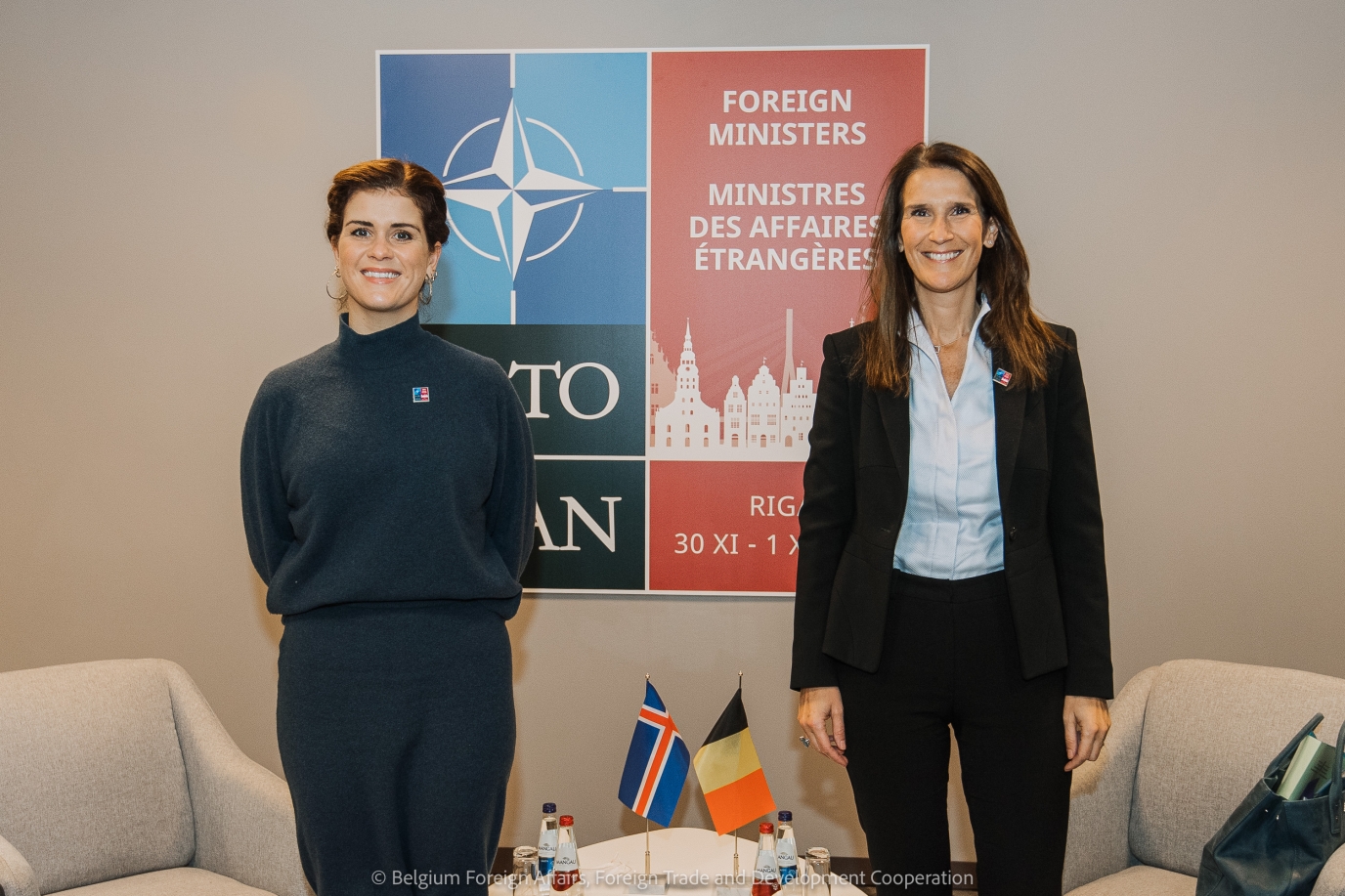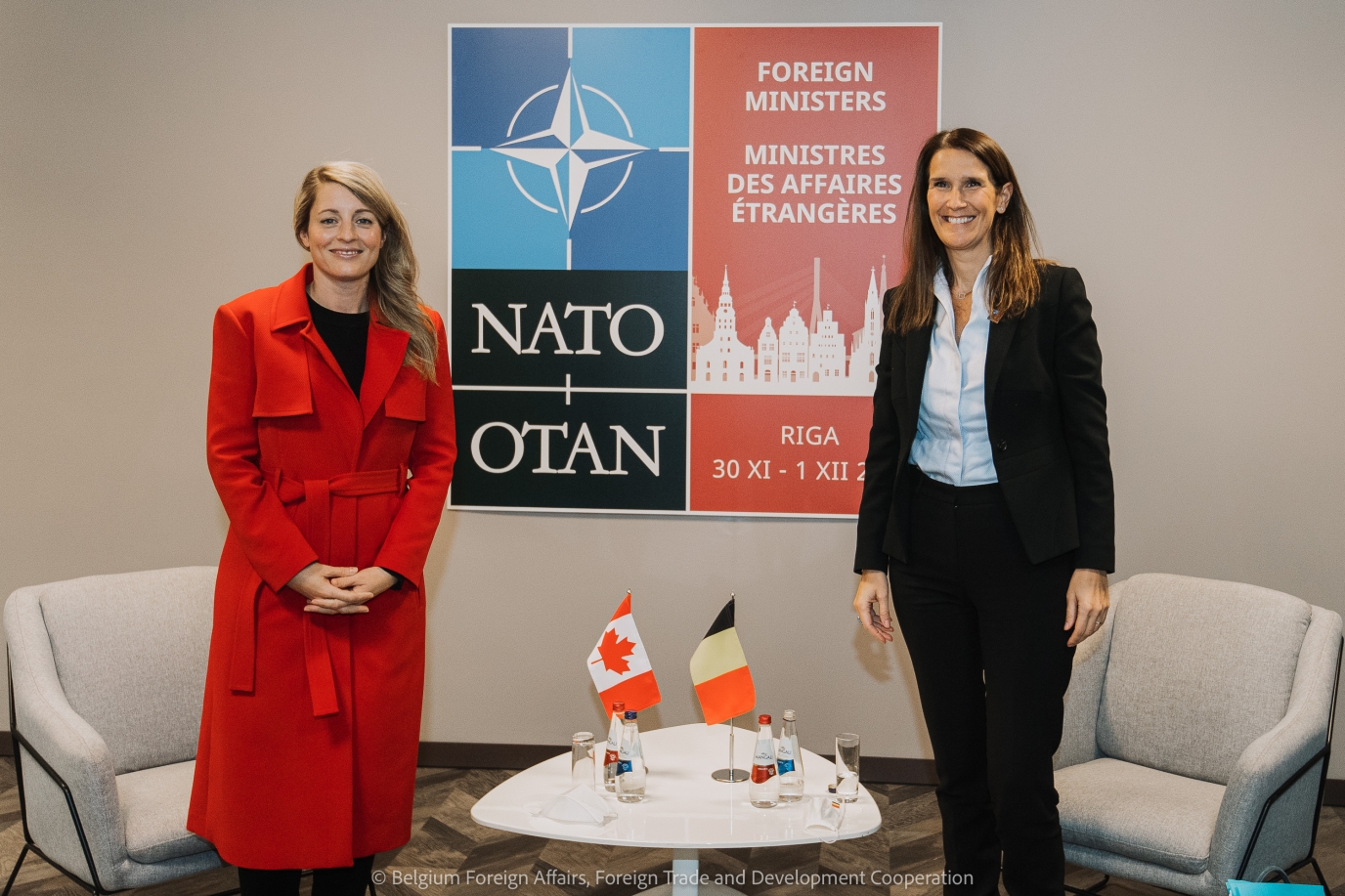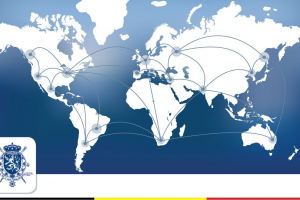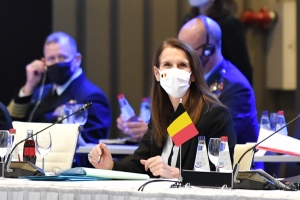NATO Ministerial meeting in Riga: conclusions (Day 1)
Deputy Prime Minister and Minister of Foreign Affairs Sophie Wilmès visited Riga (Latvia) for a meeting of NATO Foreign Ministers. This political consultation between the Allies was necessary in view of the recent deployment of Russian forces close to Ukraine's borders, but also given the current situation in Belarus, where the Lukashenko regime is using migration as a tool to put pressure on the European Union. The first day would also be devoted to the update of NATO's Strategic Concept. The issue of disarmament and non-proliferation would also be addressed. The ministers also intend to look back on the withdrawal of troops from Afghanistan tomorrow, Wednesday, to draw lessons for the future.
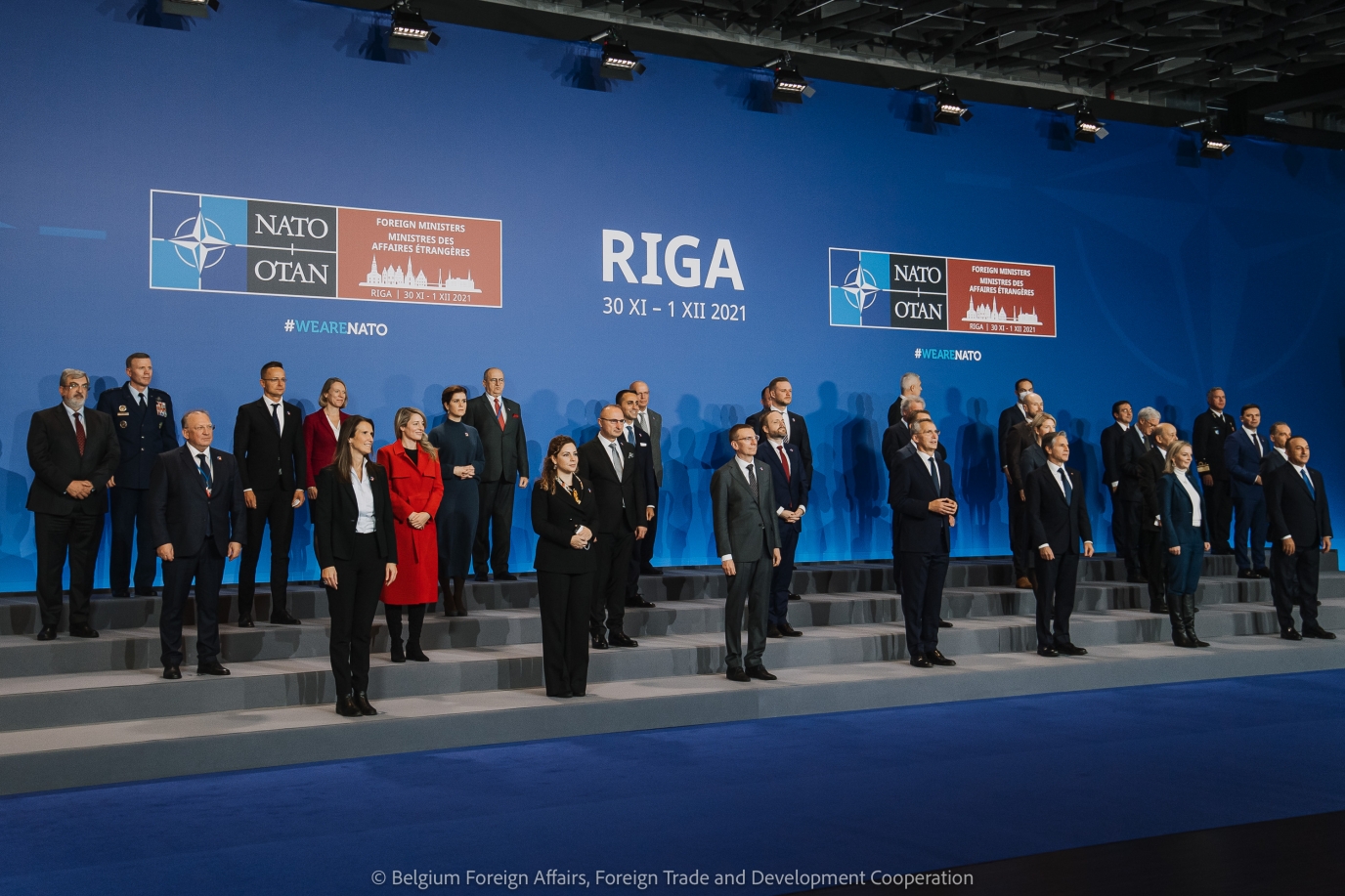
Working session on Tuesday 30 November
At the first working session, the ministers discussed at length the situation on the border with Ukraine. The recent and unusual deployment of Russian forces there raises many questions. Belgium shares this concern. Our country continues to advocate maintaining the "dual approach" towards Russia, in the belief that political dialogue with Moscow remains essential for clarifying Russia's intentions and also calling for de-escalation in the region. "NATO members are united, we maintain our defence and our deterrent capacity, but the dialogue must also remain open," explained Deputy Prime Minister Sophie Wilmès.
On Belarus, Belgium reiterated its full support for those European countries in the front line, once again strongly condemning the intolerable and criminal attitude of the Lukashenko regime. This hybrid attack is aimed primarily at the EU, and the Deputy Prime Minister welcomed the latter's responsiveness to this situation, notably through new sanctions. This episode argues for increased consultation and collaboration between the EU and NATO.
On the subjects of arms control, disarmament and non-proliferation, Belgium believes that NATO has a major role to play in the pursuit of these objectives and would like to see this notion reinforced in the next "Strategic Concept". Furthermore, our country welcomes the internal NATO consultations on these issues.
Strategic Concept
NATO Foreign Ministers will meet tonight to discuss NATO's future in the context of the "Strategic Concept", which is central to the implementation of NATO 2030. The previous roadmap dates from 2010. Secretary General Stoltenberg has submitted a framework note that will serve as a starting point, with a deadline of the Madrid Summit in June 2022. For Belgium, it is important to retain the main thrusts of the 2010 "Strategic Concept", in particular by maintaining the Alliance's main tasks, such as the defence of the Euro-Atlantic area. But it is clear that an update is needed in order to better take into account new threats and challenges, such as the rise of China, climate change and the emergence of new technologies. "During the discussions, I intend to stress the importance of a strong, fully capable "Defence Europe". We are convinced that when one part of the Alliance becomes stronger, it benefits all the Allies. Support for the construction of this Defence Europe must be recorded in the 'Strategic Concept'. Beyond that, it goes without saying that we have everything to gain by strengthening cooperation on operational aspects between the EU and NATO."
Bilateral
As well as the NATO working meetings, the Deputy Prime Minister met bilaterally with two of her counterparts, Ms Mélanie Joly, Minister of Foreign Affairs of Canada, and Ms Þórdís Kolbrún R. Gylfadóttir, Minister of Foreign Affairs of Iceland. During these meetings, she was able to see the shared vision of Belgium, Canada and Iceland regarding the importance of multilateralism. As Minister for Foreign Trade, Sophie Wilmès also had the opportunity to address socio-economic issues in relation to the post-COVID-19 recovery, as well as the excellence of our companies in several fields, such as energy.
